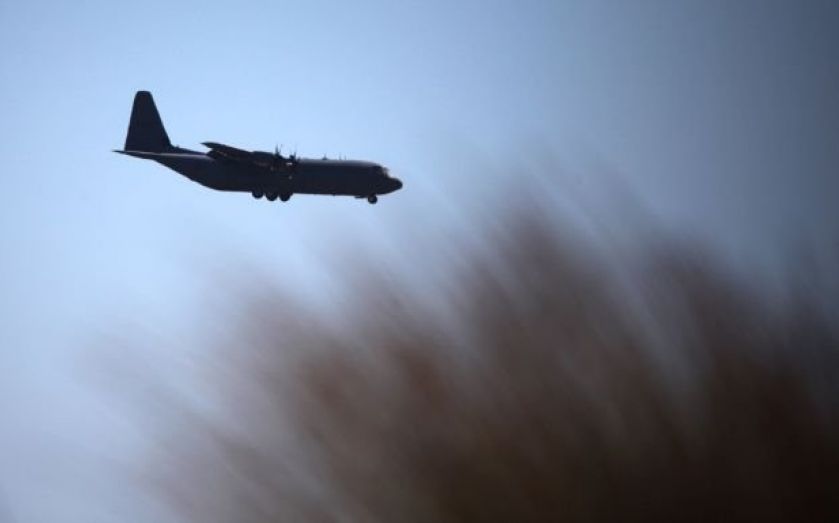| Updated:
UK parliament approves air strikes in Iraq, but how did the parties vote?

On Friday, the UK parliament voted in favour of conducting air strikes against Islamic State (IS) militants in Iraq.
The extremist group has been taking over large parts of Syria and northern Iraq in recent months, and is notorious for the brutal methods it uses at it attempts to establish a religious state in the area.
The US is already conducting air strikes against them in Iraq, and recently extended its mission to Syria. A number of countries have joined America in the fight, including Australia, France, the Netherlands and a number of Arab nations. The UK is the latest to join this list.
Following a parliamentary debate which went on for seven hours, the final result was heavily in favour of action, with 92 per cent of all MPs supporting action at 524 votes to 43.
Prime Minister David Cameron said there was a "strong case" for UK military intervention, calling IS a "threat to national security".
The Conservatives, Labour and Liberal Democrats all supported action although there was some variation in the number of MPs who were against, with the majority of them being Labour.
With a clear division of opinion within the Labour party, the vote culminated in some dramatic moves – education spokeswoman Rushanara Ali resigned from the opposition front bench so she could abstain, while Iain McKenzie was sacked as a Labour parliamentary aide after voting against.
Those against were also joined by two Plaid Cymru MPs and five Scottish National Party MPs, as well as Green MP Caroline Lucas and Respect MP George Galloway.
The UK's contribution will consist of six Tornado strike aircraft which are currently based in Cyprus. This is similar to the numbers being offered by Belgium and Denmark, who are contributing six and seven fighter planes, respectively.
According to the BBC, the British warplanes are now awaiting orders to launch missile attacks and could be called into action as early as Sunday.